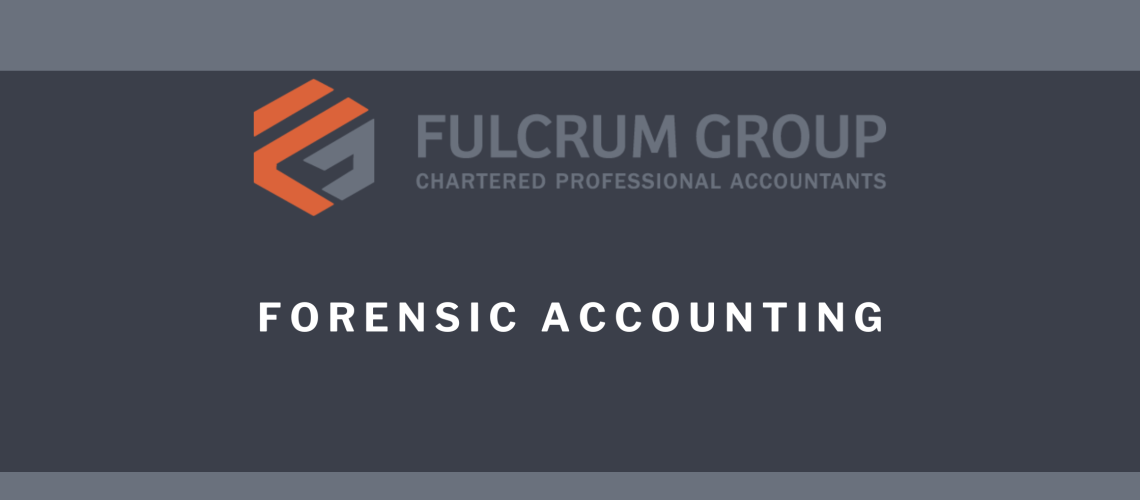What is forensic accounting?
Forensic accounting uses accounting, auditing, and investigative skills to examine the finances of a business or individual. Forensic accountants analyze financial information that could be used as legal evidence and often testify in court as a key witness. They must also be able to identify fraud with minimal details, identify the scheme, and use procedures to prove if it exists. The most common industries forensic accountants work in are insurance, financial institutions, and law enforcement agencies.
Duties of a forensic accountant
Some of the responsibilities that fall under the forensic accountant include:
- Insurance claim investigation: obtain records related to insurance claims and look into whether the payments made by insurance meet policy conditions.
- Trial testimony: forensic accountants may be asked to appear and testify in court. They find evidence of any fraud, embezzlement, or tax evasion. They may also testify for a plaintiff or defendants.
- Bookkeeping investigation: includes gathering and analyzing transactions to find any fraudulant or incorrect items. They are looking for any fraud, embezzlement or misappropriation.
How to become a forensic accountant
The path to becoming a forensic accountant is similar to a traditional accountant. It is still required to complete a bachelor’s degree in accounting. Once that is complete, the candidate must also complete the Chartered Professional Accountant (CPA) program to become designated. Once designated, accountants can complete the Certified in Financial Forensics (CFF) credential. After the CFF credential is completed, they can pursue careers in this field.
Differences in forensic accounting vs traditional accounting
Both careers require the same education and CPA designation but the duties performed vary.
Traditional accounting analyzes routine transactions, prepares financial information as well as ensures the correct accounting standards and follows regulations. Careers in accounting normally fall within organizations which normally include, audit, tax, financial planning and budgeting.
Forensic accounting takes the financial information to identify and uncover any potential fraud then uses procedures to prove whether or not fraud does exist. Skills that are required to perform these careers include attention to detail, strong investigative skills as well as integrity.
Conclusion
While the underlying education is the same as becoming a CPA, the major difference between a forensic accountant and a traditional accountant is that they have to conduct investigations to uncover information, identify anything unusual, track and recover fraudulent activities and report their findings in a way that anyone can understand.
References
https://www.accounting.com/careers/forensic-accountant/
https://www.investopedia.com/terms/f/forensicaccounting.asp
https://financialcrimeacademy.org/forensic-accountant-responsibilities/
https://integrityforensic.com/forensic-accounting-vs-traditional-accounting-whats-the-difference/

